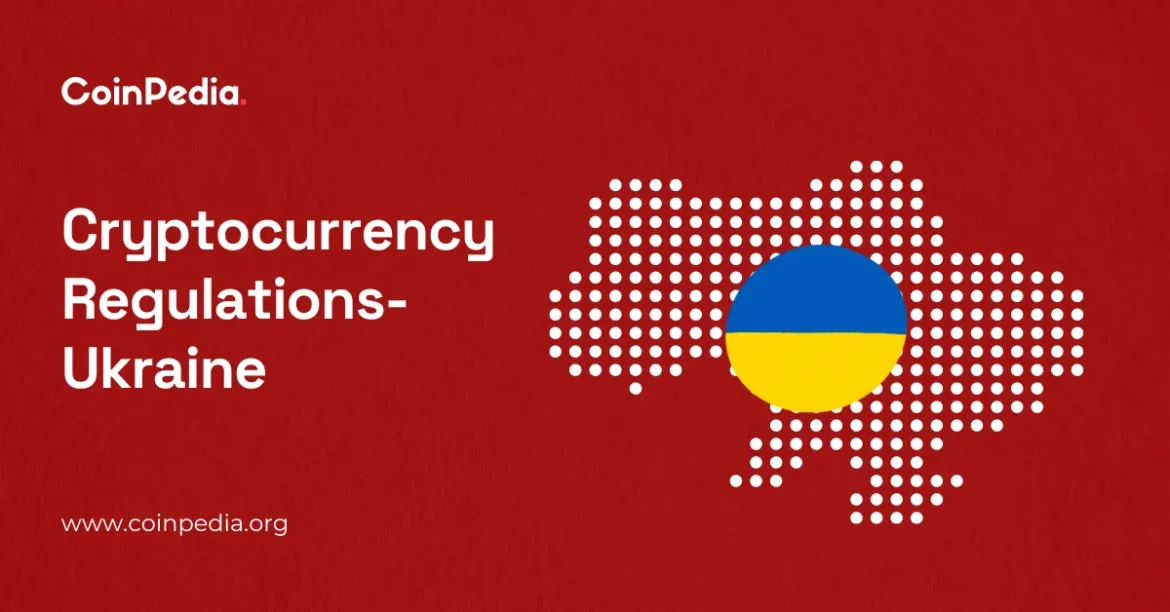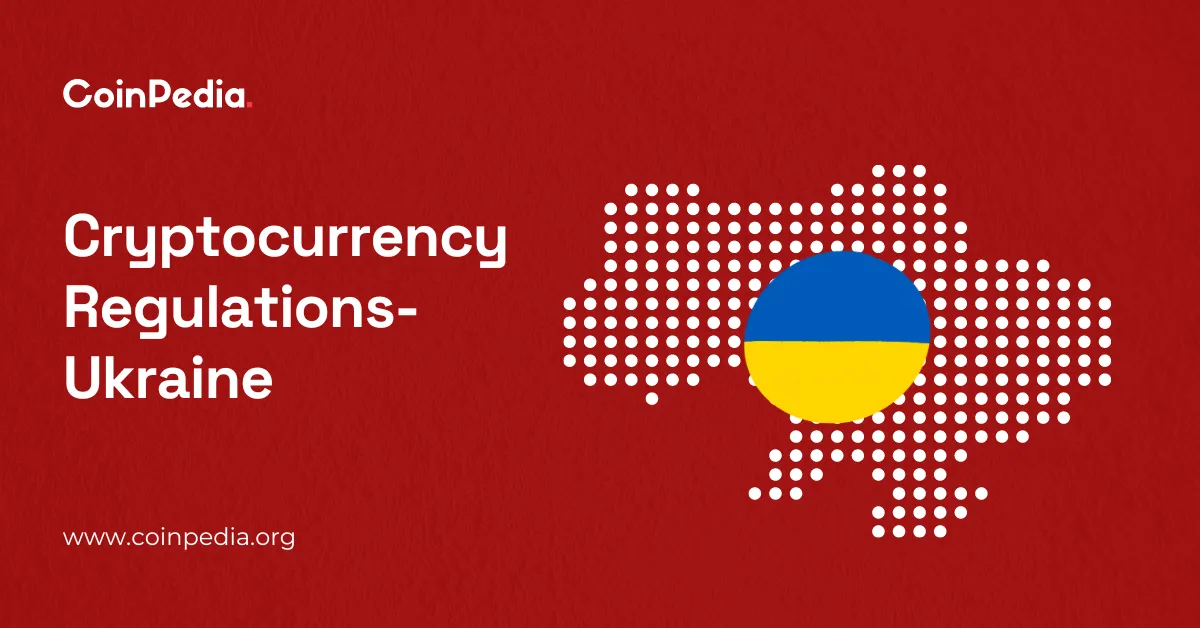Ukraine’s push toward establishing a national Bitcoin reserve marks a significant evolution in the landscape of state-managed digital assets and opens a fascinating chapter in the integration of cryptocurrencies into national strategies. While the details have been emerging through various reports over recent days, the overarching vision underscores Ukraine’s intent to position itself at the forefront of crypto adoption and strategic financial management. This move reflects not merely a willingness to embrace digital currencies but also a calculated effort to leverage Bitcoin as a sovereign asset to bolster economic resilience amidst ongoing geopolitical turmoil.
The Genesis: A Bold Step into Digital Sovereignty
The plan to create a strategic Bitcoin reserve is not merely a straightforward accumulation of digital assets; it represents a paradigm shift in how nations perceive and utilize cryptocurrencies. Historically, central banks and governments have been cautious or outright hesitant about integrating cryptocurrencies into their official reserves, largely due to concerns about volatility, regulation, and trust. Ukraine’s initiative, confirmed by lawmaker Yaroslav Zheleznyak and other parliamentary officials, signifies a groundbreaking approach—possibly the first European country to explore such a move at this scale.
The idea is ostensibly inspired by the desire to diversify national reserves beyond traditional assets such as gold, foreign currencies, and government bonds. By anchoring part of its reserves in Bitcoin, Ukraine seeks to harness the digital asset’s characteristics—decentralization, scarcity, and liquidity—to create a form of financial resilience. In a time of geopolitical uncertainty, notably with the ongoing conflict with Russia, the strategic reserve could act as a safeguard, offering a store of value that is less susceptible to regional political shifts and currency devaluations.
Political and Legislative Developments
The legislative process appears to be progressing rapidly, with reports indicating that a draft bill is nearing finalization. Member of Parliament Yaroslav Zheleznyak, the First Deputy Chairman of Ukraine’s Finance, Tax, and Customs Policy Committee, has been prominently involved, signaling strong political backing. The legislation aims to formalize the holding of Bitcoin within state reserves, marking a formal recognition of digital assets as legitimate and strategic components of national wealth.
Deliberations were reportedly discussed at the CRYPTO 2025 conference in Kyiv, highlighting the government’s proactive stance. The timing of these developments suggests that Ukraine is aiming to align its crypto laws with its broader economic and security strategies, possibly shaping a regulatory framework that accommodates digital assets and fosters institutional adoption.
Collaboration with Binance and International Support
A notable element of Ukraine’s strategy is its collaboration with Binance, the world’s largest crypto exchange by trading volume. The support from Binance is multifaceted—ranging from legal guidance to potential infrastructure development for managing the reserve. Such partnership signals a pragmatic approach, leveraging the expertise and resources of one of the most influential global crypto entities to operationalize a national reserve plan.
Furthermore, the involvement with Binance could serve as a catalyst for broader institutional acceptance, potentially encouraging other countries to consider similar strategies. It also hints at Ukraine’s intention to build a resilient, transparent, and internationally integrated crypto reserve system that can withstand regulatory scrutiny.
Broader Implications and Potential Challenges
Ukraine’s initiative resonates with several broader themes in the world of digital finance:
– Recognition of Bitcoin as a Strategic Asset: Moving beyond the perception of Bitcoin as a speculative investment, Ukraine is contemplating it as a pillar of its financial sovereignty. If successful, this could shift the narrative among policymakers globally, prompting other nations to reevaluate digital assets’ roles.
– Legal and Regulatory Frameworks: The legislative process must address critical questions about security, custody, valuation, and regulation to ensure the reserve’s integrity. It will also need to delineate clear policies about transparency, auditing, and reporting—crucial for public trust and international credibility.
– Geopolitical and Economic Stability: The strategic reserve could serve as a hedge against regional instability, currency devaluations, and economic sanctions. However, volatility remains a concern, and the government will need mechanisms to manage Bitcoin’s price swings effectively.
– Potential Risks: Amid legislative and operational efforts, regulatory hurdles, political shifts, or technological vulnerabilities could pose challenges. Managing custody and preventing theft or hacking are essential for safeguarding the reserve.
Future Outlook: Pioneering Europe’s First?
From current reports, Ukraine’s initiative appears poised to pioneer in Europe, positioning itself alongside a handful of nations exploring sovereign digital assets, notably El Salvador and a few others experimenting with Bitcoin in official reserves. If legislation is enacted successfully, Ukraine’s claim to be the first European nation to hold a strategic Bitcoin reserve will be cemented.
This development could have ripple effects across the continent, inspiring other countries to consider digital assets as part of their national portfolios. It also signals a broader acceptance and normalization of cryptocurrencies within state financial systems, potentially leading to more comprehensive regulatory frameworks and institutional integrations.
The Bigger Picture: Digital Assets and Sovereignty
Ukraine’s move aligns with a global trend where nations view digital assets as a tool for sovereignty, resilience, and innovation. Governments worldwide are recognizing that cryptocurrencies can serve as a hedge against fiat currency crises, serve as a store of value, or facilitate smoother cross-border transactions, especially in a fragmented geopolitical landscape.
By formalizing a Bitcoin reserve, Ukraine not only seeks to stabilize and strengthen its economic foundation but also positions itself as a leader in the evolving narrative of digital sovereignty—a statement that cryptocurrencies are no longer peripheral but central to future statecraft.
Final Takeaway: Pioneering a New Frontier
Ukraine’s pursuit of a Bitcoin reserve illustrates a bold, forward-looking approach that challenges conventional financial doctrines. If the legislative process concludes successfully and operational protocols are established, it could redefine how nations perceive and utilize digital assets. More than a symbolic gesture, it positions Ukraine as an innovative pioneer—embracing digital sovereignty amidst turbulent times and possibly inspiring a new wave of crypto-integration among nations worldwide.
In the grand scheme, this initiative might serve as a catalyst that accelerates the acceptance of cryptocurrencies in government policies, expands the scope of national reserves, and encourages countries to revisit the potential of digital assets as strategic tools for economic and geopolitical stability. The world watches as Ukraine potentially writes a new chapter in the story of cryptocurrencies and sovereign finance—one that could reshape the financial landscape for generations to come.





